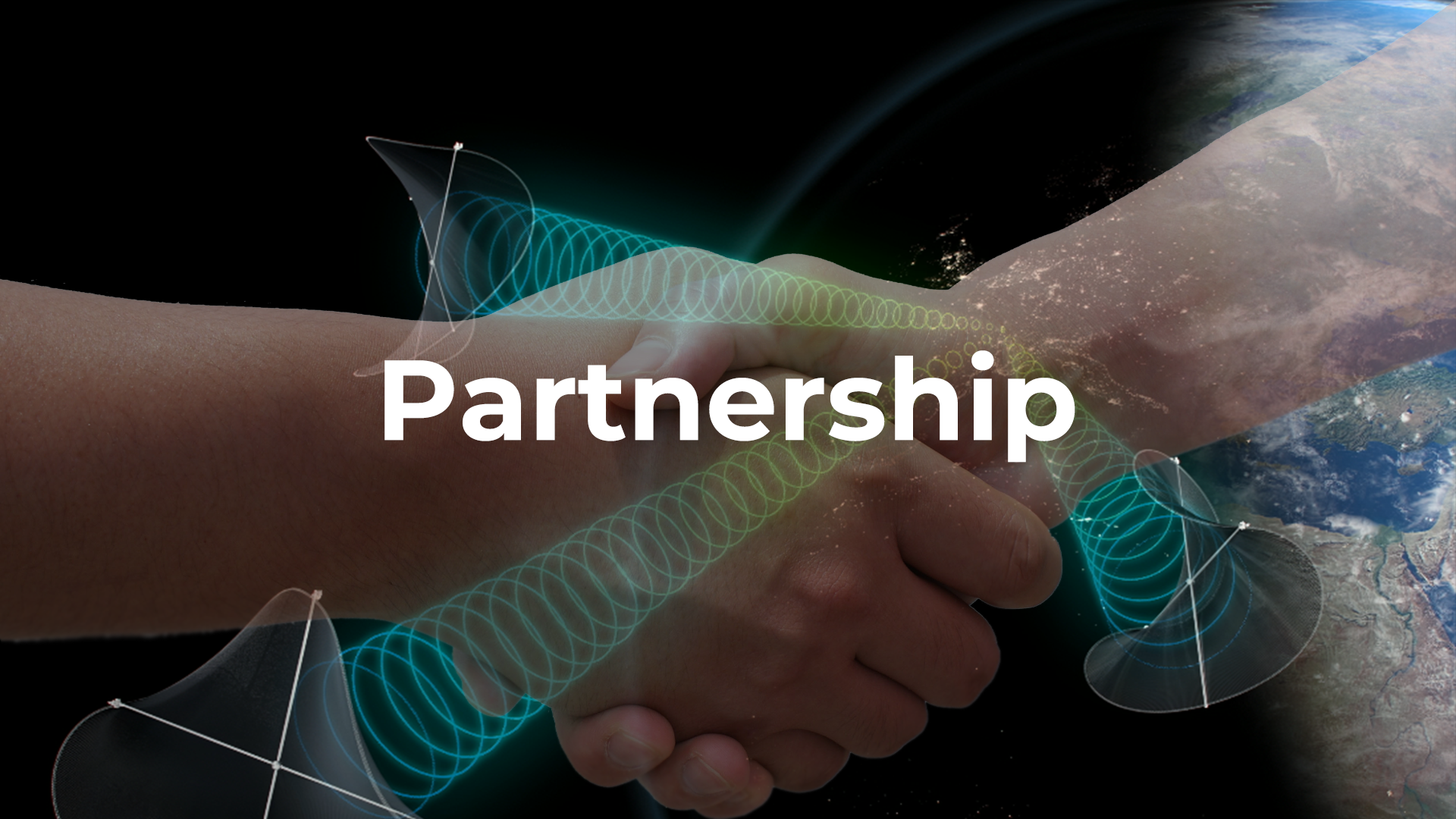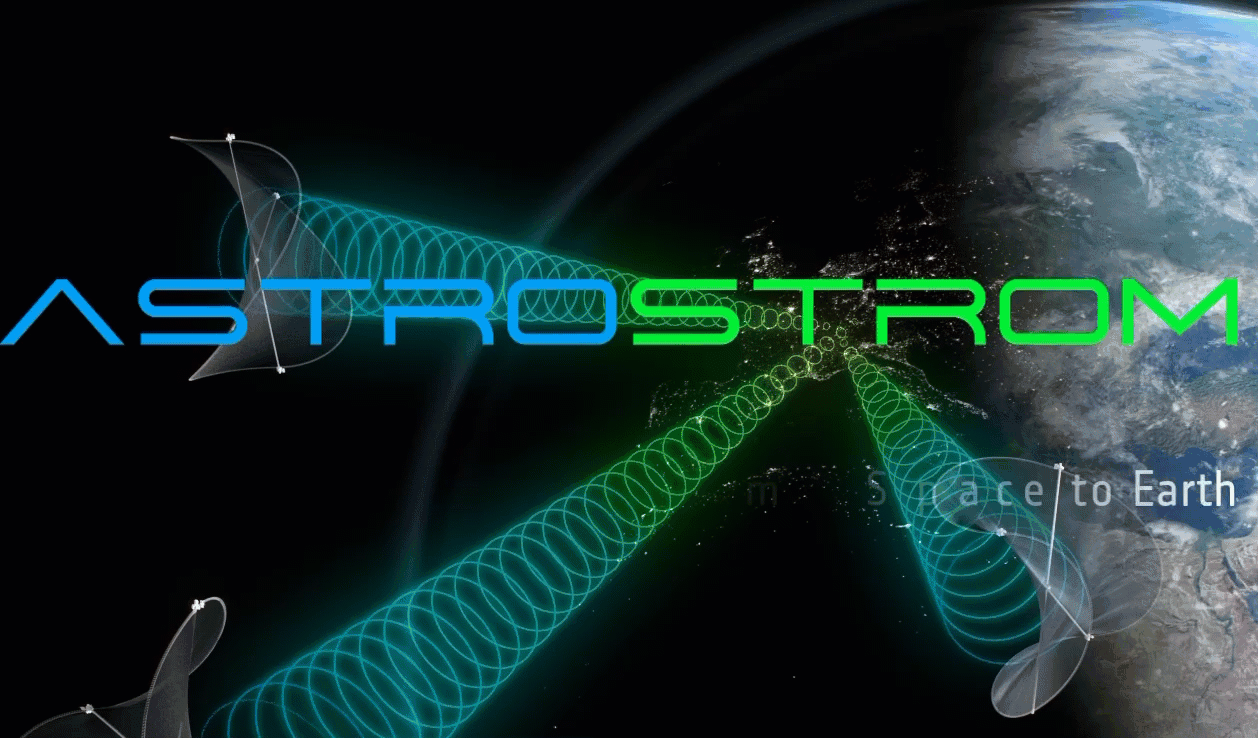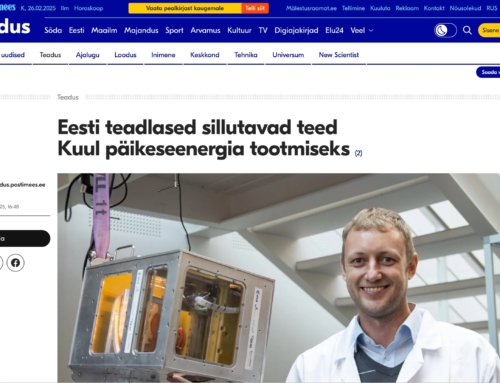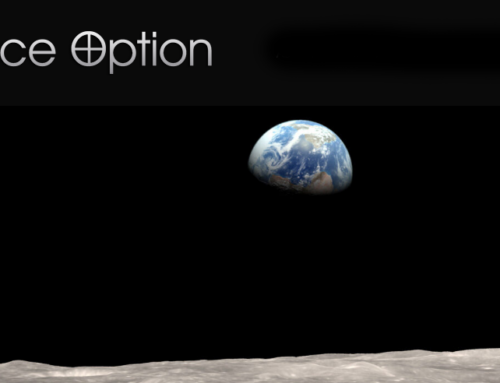A Public-Private Partnership to Enable
Development of Space-Based Solar Power
Astrostrom is proposing the creation of a Public-Private Partnership (PPP) to enable development of Space-Based Solar Power (SBSP).
The public entity – the Greater Earth Energy Organisation (GEEO) – represents a multi-national treaty organisation consisting of nation-stakeholders, independent of any other governmental organisation or influence, with a mutual interest to achieve energy security while reaching climate goals.
The private entity – Astrostrom – represents a consortium of strategic partners and investors that would be responsible for setting-up and administering the GEEO, and then managing its research and development programmes.
The Why:
- The value of world electricity market is approximately CHF 4.1 trillion per year.
- The share of fossil fuels in global electricity supply is around 61%. The potential market for replacing fossil fuels for electricity production could be as much as CHF 2.5 trillion per year.
- Fossil fuels are not environmentally sustainable and are too valuable to be used for energy production, which necessitates alternative and sustainable energy sources.
- Terrestrial energy sources such as solar and wind are being deployed at an increasing pace, yet these represent only a small percentage of the current global energy mix.
- No combination of terrestrial energy sources including nuclear, wind, solar, and hydroelectricity can be deployed on a sufficient scale to reliably power modern civilisation, and to provide adequate energy for developing countries to escape poverty.
- The climate and energy crises have created a ‘window of opportunity’ to accelerate the development and implementation of Space-Based Solar Power (SBSP).
The What:
- SBSP has the potential to supply clean, baseload power from space to Earth on a very large scale, enabling nations to simultaneously meet their energy security and climate goals.
- SBSP is being researched around the world as a potential energy option to enable the transition from fossil fuels: Europe, USA, China, Russia, India, South Korea, and Japan.
- However, a major obstacle to realising SBSP is the logistical and environmental challenge of launching 100’s and eventually 1,000’s of heavy-lift rockets from the Earth’s surface to deploy Solar Power Satellites (SPS) in geostationary orbit (GEO) that are more than one kilometre in diameter, and weigh 1000’s of tonnes.
- Heavy-lift launchers under development in the US, Europe and China are not yet commercially available, and their eventual availability to launch SPSs at the cadence needed is uncertain.
- For SBSP to be successful in supplying a substantial level of energy to Earth, SPSs will need to be manufactured from lunar materials.
- Astrostrom is the only company that has been developing a lunar solution to manufacturing SPS components on the Moon, which would greatly mitigate both the launch capacity bottleneck and the environmental impact of SBSP, while also reducing the costs of manufacturing future solar power stations.
- This could reduce the amount of mass launched into orbit per SPS by 80% or more.
The Who:
- Due to the substantial cost on the order of CHF 100 billion for SBSP development and setting up lunar operations, an international not-for-profit treaty organisation called the Greater Earth Energy Organisation (GEEO) is proposed as the best approach.
- This multi-national GEEO would underwrite these infrastructure costs which would be used to de-risk successive rounds of investment through a phased R&D programme, and to resolve geopolitical issues.
- To set up the GEEO, Astrostrom needs to assemble a staff of professional space and energy experts and suitable office facilities.
- Strategic partners are being sought from institutions, organisations and companies that share our vision and goals to provide the necessary competences to initiate and manage the GEEO.
The How:
- The initial targeted GEEO candidates will be the 68 countries with existing national space agencies.
- To attract member nations to join the GEEO, a marketing plan will be developed by Astrostrom that explains the strategic potential of SBSP to provide member nations with energy security and a way to meet their climate targets.
- This marketing plan will calculate each country’s level of financial contribution to the GEEO based on an efficiency coefficient tool to ensure equity, and a country specific energy analysis showing the potential impact of SBSP.
- The space and energy industries in the nations that join the GEEO will receive 90% of their country’s yearly contribution in contracts to give a fair return.
- Once the GEEO has been established, Astrostrom’s team of space and energy experts will administer and manage the GEEO and direct the R & D and SBSP implementation programmes.
- For its services, Astrostrom and its investors will receive financial rewards for setting up and administrating the GEEO and eventually from the sales of electricity.
The When:
- 2024-2025 Phase 1: Setting up the GEEO = CHF 5 million/year
- 2026-2027 Phase 2: Research & Development = CHF 100 million/year
- 2028-2037 Phase 3: Implementing SBSP = CHF 10 billion/year
- Additional sources of profits for Astrostrom and its investors include: increase in share value, development of intellectual property (IP) from R & D, a percentage of energy sales, and from investments in setting up future ‘Flywheel Industries’ (related ‘Industrial Clusters’).
- Astrostrom is seeking investors and strategic partners for setting up the GEEO – NOW!
(Note: CHF = Swiss Francs: 1 $ US = CHF 0.8835 / 1 € = CHF 0.956
March 3, 2024 : https://www.xe.com/currencyconverter)
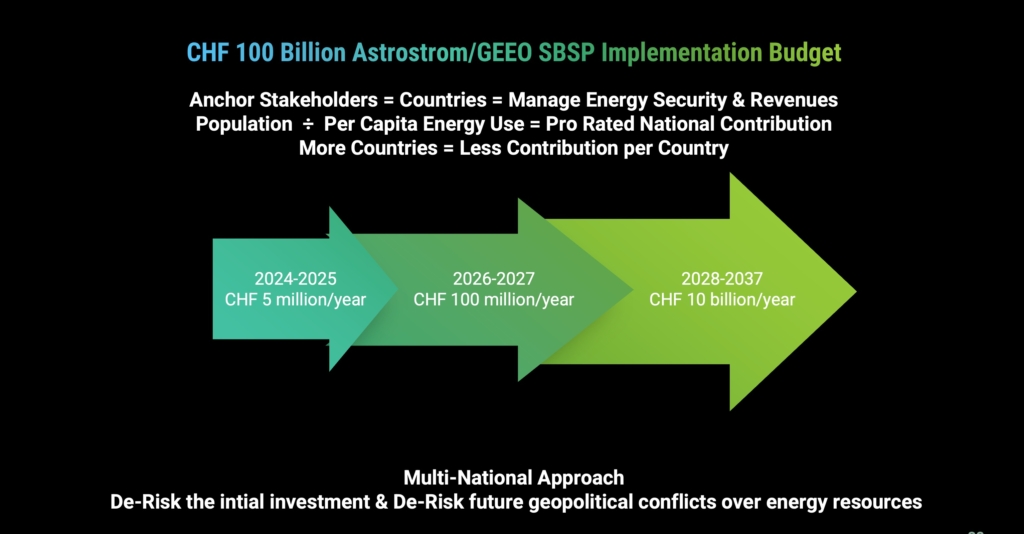
Greater Earth Energy Organisation (GEEO)
The primary goal of the Greater Earth Energy Organisation (GEEO) is to provide an inexhaustible supply of environmentally clean energy available to the entire world in an equitable, economical, and socially just manner. The GEEO will be a consortium of national entities independent of any other international organisation or influence.
Video (3:37 min.) produced for the International Conference on Energy from Space
Organised by the Royal Aeronautical Society and the European Space Agency
London, 17-19 April 2024
Using the amount of 100 billion Swiss Francs (CHF) as a baseline for the necessary infrastructure investment, the GEEO is considered as the most promising approach to implementing the Space Energy Option and, by doing so, taking a decisive step in creating a new worldwide ‘space energy industry’. This approach will de-risk the initial investment while also allowing the GEEO to address the regulatory issues of spectrum allocation, orbital positioning, energy distribution issues, and compliance with international treaties and laws. As important, this collaborative global organisation should become a catalyst for reducing geopolitical tensions over the control and distribution of energy resources, not the least through greatly increasing the supply of energy worldwide.
The GEEO will be established as a multi-national treaty organisation. The main advantage to having such a legal structure will be to avoid conflict or destructive competition between nations, and to provide a transparent process for the development and eventual distribution of this new space energy resource.
As technological and economic progress are closely correlated with per capita energy consumption, there is a close fundamental correlation between the stage of development of a country and its energy consumption.
To achieve, as far as possible, a fair participatory plan reflecting the energy procurement and development process, and to stimulate energy use responsibility, each member’s contribution to GEEO will be determined by an efficiency coefficient that is based on its population and its per capita energy consumption. A country with a high per capita consumption of energy and a small population would contribute correspondingly more into the GEEO budget than a country with a large population and lower per capita energy consumption calculated on a per capita basis.
The initial target nations for the GEEO are those nations with existing space agencies or space programmes which in 2023, 74 different government space agencies are in existence, including 68 national space agencies and six international agencies.
Strategic Partners
Strategic partners are being sought from companies, organisations and institutions active in the fields of space, electricity supply, mining, robotics, finance and the energy transformation, to provide the necessary competences to initiate and manage the GEEO. Strategic partners will have a vested interest in seeing SBSP become the basis of a new space energy industry and will want to collaborate with Astrostrom in developing its marketing strategy and its approach to SBSP. The strategic partners will provide the necessary competence to convince national entities to join the GEEO. Ideally, strategic partners may also wish to become investors in Astrostrom.
Astrostrom GmbH
Astrostrom GmbH is the only company that is pursuing an approach to SBSP that includes including manufacturing solar power satellite (SPS) components on the Moon from lunar materials. If successful, Astrostrom’s approach would greatly mitigate both the launch capacity bottleneck and the environmental impact of SBSP, while also reducing the costs of manufacturing future SPSs by reducing the amount of mass launched into orbit per SPS by 80% or more. Due to the success and the impact of its recently completed study conducted for the European Space Agency, Astrostrom has emerged as a key innovator in the field of SBSP.
(ESA Contract No: 4000136309/21/NL/GLC/ov.).
- ESA: Lunar Solar Power Satellite 2023
https://www.esa.int/ESA_Multimedia/Images/2023/07/Lunar_solar_power_satellite - ESA: Announcement of GE⊕-LPS study on LinkedIn
https://lkdin.io/4FoO - ESA: Nebula Archive: GE⊕ Lunar Power Station
https://nebula.esa.int/content/ge%E2%8A%95-lunar-power-station - ESA: SOLARIS video (produced by Astrostrom)
https://www.youtube.com/watch?v=8ScTbb-43A4
Astrostrom was founded by Arthur Woods and incorporated in 2021 as a think-tank of industries, institutions, organisations, and individuals dedicated to developing and providing clean and inexhaustible energy from space and the world through the utilization of extraterrestrial resources and advanced robotic technologies.
The initial management team will consist of the main researchers of the ESA funded OSIP study Greater Earth Lunar Power Station (GE⊕-LPS) as they were instrumental in conceptualising the GEEO: Arthur Woods, Andreas Vogler, Dr. Patrick Collins and Dmitrijis Gasperovics. In the initial phase Arthur Woods will assume the position of CEO. Andreas Vogler and Dr. Patrick Collins will assume other key positions as CTO and CIO. Dmitrijis Gasperovics will be head of visualizations and presentations.
The final report of this study can be downloaded here: https://astrostrom.ch/docs/GEO-LPS-Final-Report_June_2023.pdf
- Arthur Woods, Astrostrom GmbH, Switzerland – CEO, Project and Research Manager, Cultural Analyst
- Andreas Vogler, Andreas Vogler Studio, Germany – Architect ETH and System Designer
- Patrick Collins, Japan – SBSP Expert, Space Tourism and Economics Expert:
- Dmitrijis Gasperovics, Latvia – Visualizer and Animator
ASTROSTROM is seeking strategic partners and investors to set up the Greater Earth Energy Organisation (GEEO).
To find out how you can profit from this unprecedented opportunity that will transform the Fossil Fuel Age into the Space Energy Age, please send us an inquiry.

